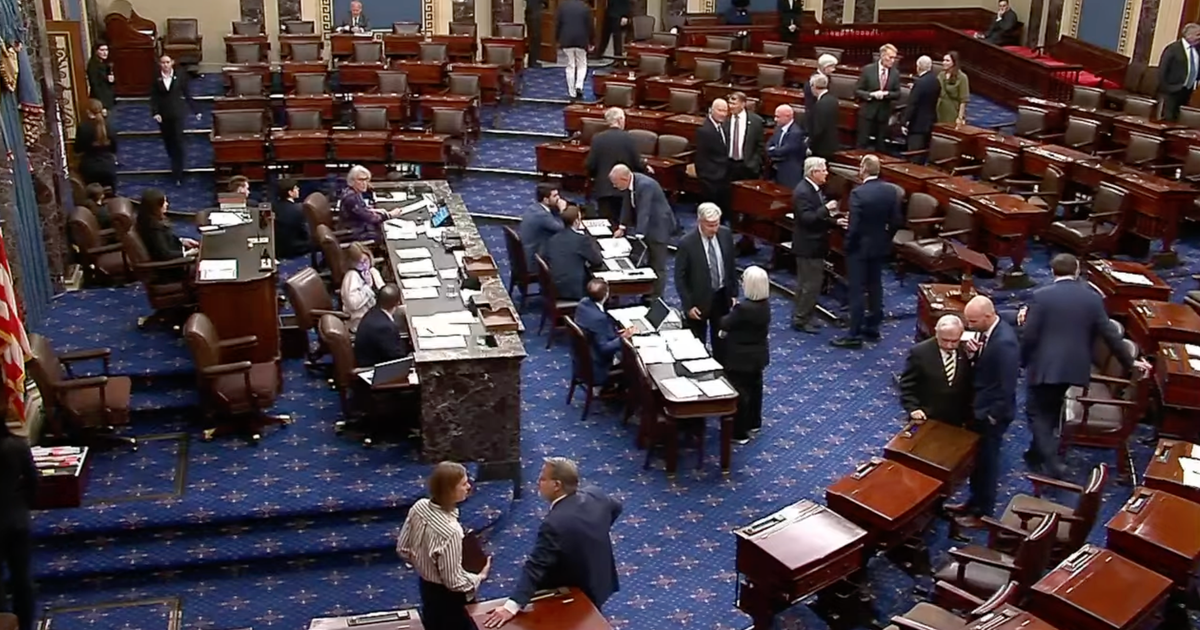
This spring, scientists at the Environmental Protection Agency (EPA) wrapped up a crucial report on the toxicity of PFNA, a notorious “forever chemical” contaminating the drinking water systems of approximately 26 million Americans. The findings are alarming: PFNA interferes with human development, leading to lower birth weights, and is likely responsible for liver damage and male reproductive impairments, including reduced testosterone levels and sperm production.
Despite the urgency of these revelations, the report has languished in bureaucratic limbo for months. This stagnation raises serious concerns that the current administration might deliberately alter or withhold the findings, a fear echoed by scientists and environmental advocates alike. The EPA claims the report will be published upon finalization, yet it remains unclear what further actions are necessary to release it, especially when internal documents indicate the report was ready for public dissemination as early as mid-April.
One anonymous EPA scientist disclosed that the assessment is complete and simply awaits a briefing of higher-ups before it can be published. The unusual delay is telling; assessments typically see a swift turnaround. The draft version released last year faced pushback from industry lobbyists. In a politically charged environment where the Biden administration has signaled intentions to reconsider PFNA limits, it’s evident that the stakes are high. Darya Minovi, a senior analyst at the Union of Concerned Scientists, suggests that the administration is hesitant to release findings that underscore the necessity of robust drinking water standards it is currently seeking to roll back.
The nonprofit advocacy group has spotlighted the unpublished report, arguing that without it, federal and state agencies are deprived of the essential scientific data needed to safeguard public health. PFNA’s potential dangers are not just theoretical; the EPA has historically recognized its hazards, having previously negotiated agreements with companies to phase out its use nearly two decades ago. This chemical, embedded in firefighting foam and various plastics, has been detected in water supplies across 28 states, further emphasizing the urgent need for accountability and action.
Local governments have been striving to hold corporate polluters accountable, with New Jersey recently taking legal action against Solvay Specialty Polymers for PFNA contamination. The state’s efforts led to a $393 million settlement — a significant sum that underscores the financial and ethical imperative for companies to remedy the damage they have caused. However, Solvay’s attempts to influence EPA regulations reflect a broader pattern of corporate interference in environmental policy, raising questions about the integrity of the regulatory process.
The ongoing saga of PFNA highlights the systemic issues at play within the EPA and the IRIS program responsible for conducting such assessments. The IRIS program was designed to provide independent, scientifically rigorous evaluations, but it has faced persistent pressure from industry interests aimed at weakening its influence. Legislative efforts, notably the “No IRIS Act,” threaten to eliminate the program entirely, a move that would further entrench corporate interests over public health concerns.
The degradation of this vital program is symptomatic of a broader pattern of deregulation that has characterized the Trump administration’s approach to environmental oversight. With a significant reduction in staffing and resources, IRIS has become a shadow of its former self, as countless qualified scientists have either left or been reassigned. The erosion of this program not only jeopardizes public health but also undermines decades of progress towards a more equitable and accountable environmental framework.
As the EPA continues to roll back protective measures against toxic chemicals, we must grapple with the implications of these choices. The agency’s recent announcements reveal a troubling trend: while professing commitment to address forever chemicals, it simultaneously retreats from previously established safety standards. Environmental advocates, like Laurene Allen from Merrimack, New Hampshire, express their frustration and anger at this delay, branding it a suppression of critical information that could protect vulnerable communities.
The PFNA report is not merely a bureaucratic artifact; it is a matter of public health and justice. The failure to release it is emblematic of a system that prioritizes corporate interests over the rights of individuals to safe and clean drinking water. The accountability for this delay lies not just with the agency but with an entire political system that has too often favored the powerful at the expense of the many.
The stakes are high, and the fight for environmental justice is urgent. It is imperative that we demand transparency and action from our government, advocating for the public’s right to know about the dangers lurking in our drinking water. We cannot allow the voices of powerful industries to silence the critical scientific evidence that could save lives. The release of the PFNA report is a necessary step towards reclaiming accountability and ensuring that our health is prioritized over profit.
This article highlights the importance of Stalled by Politics.


